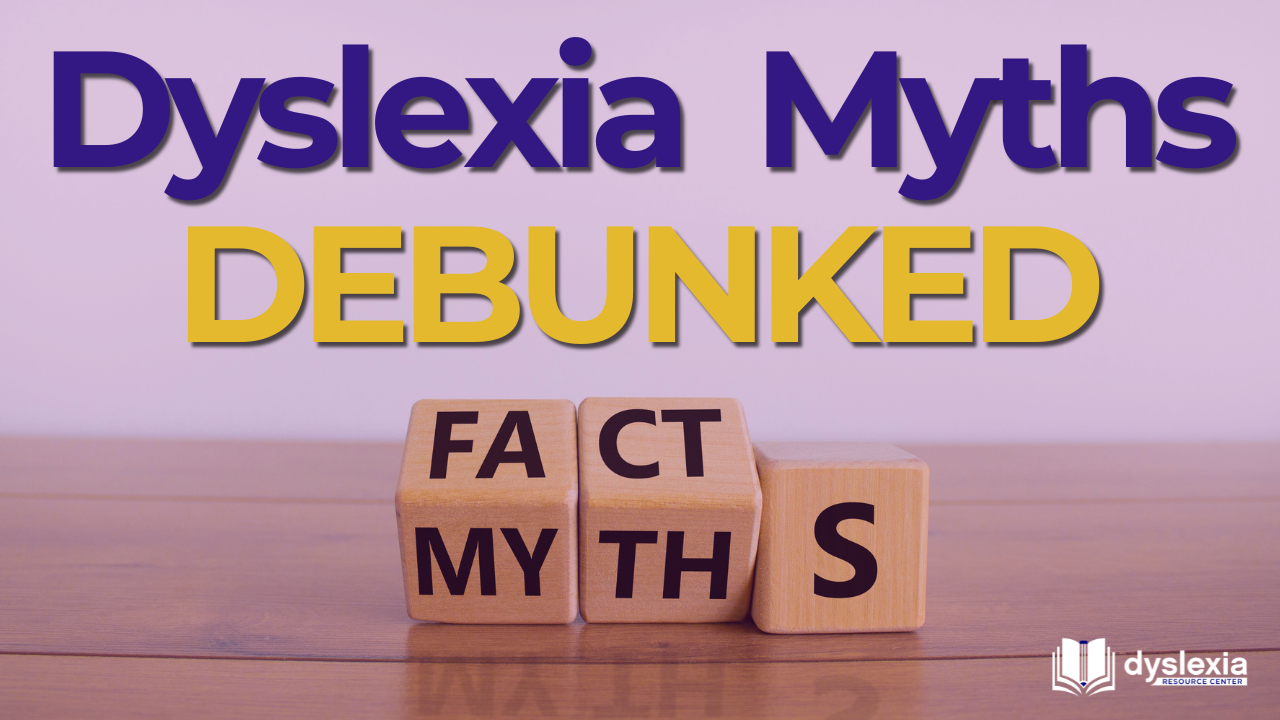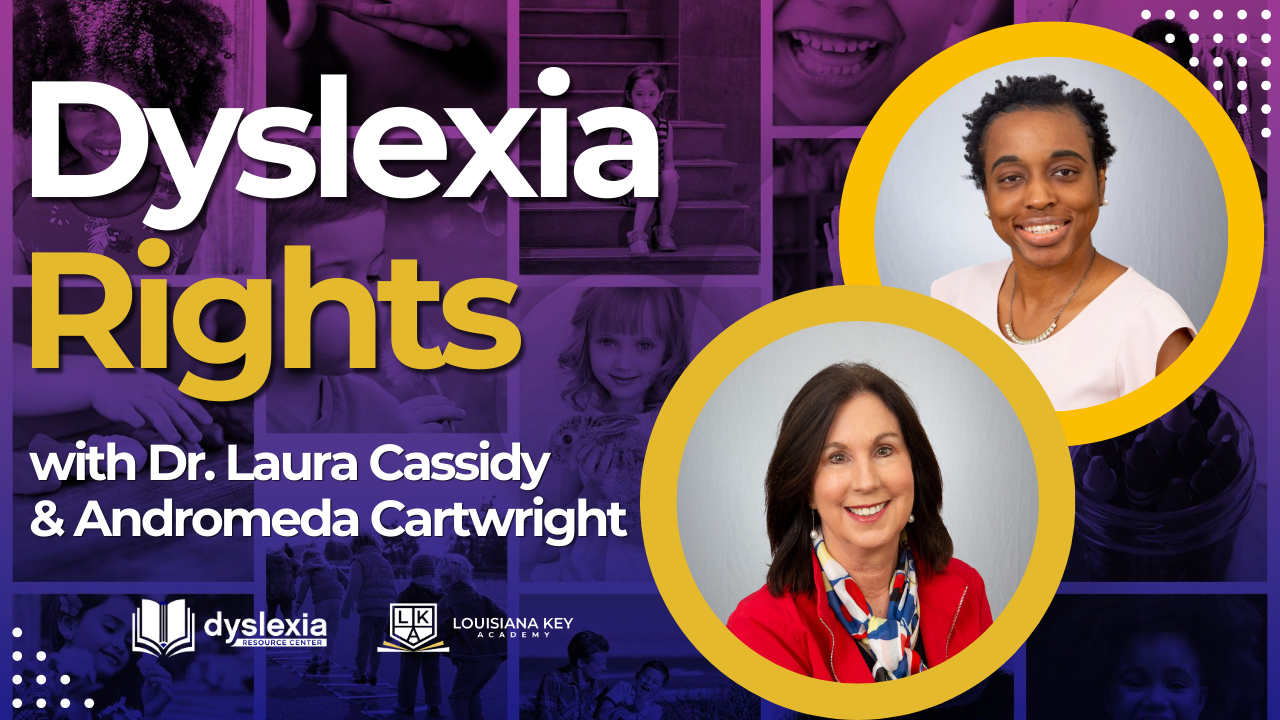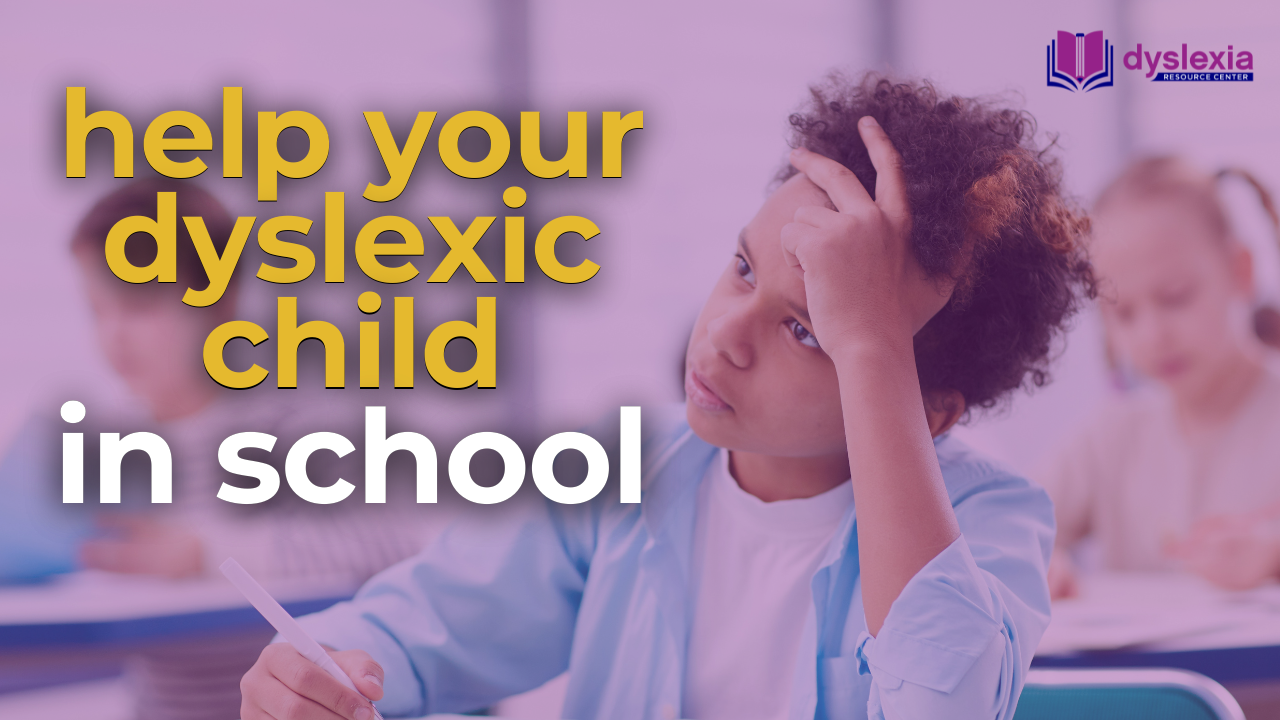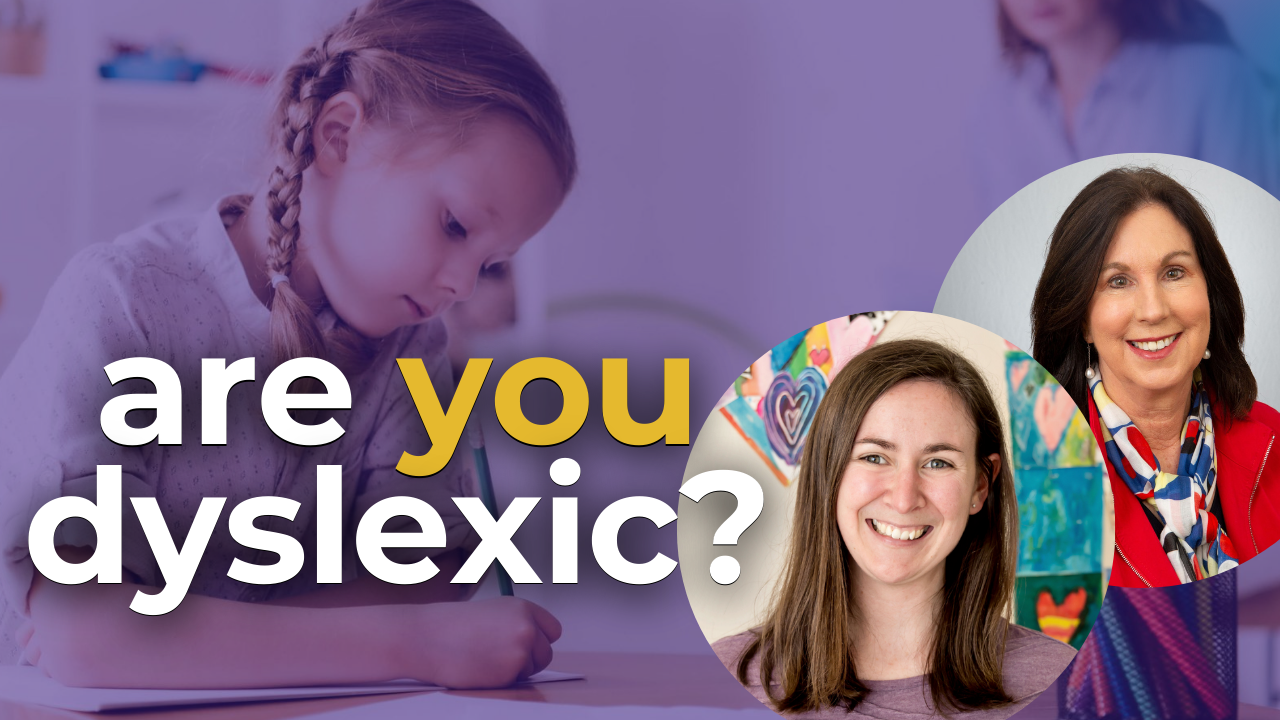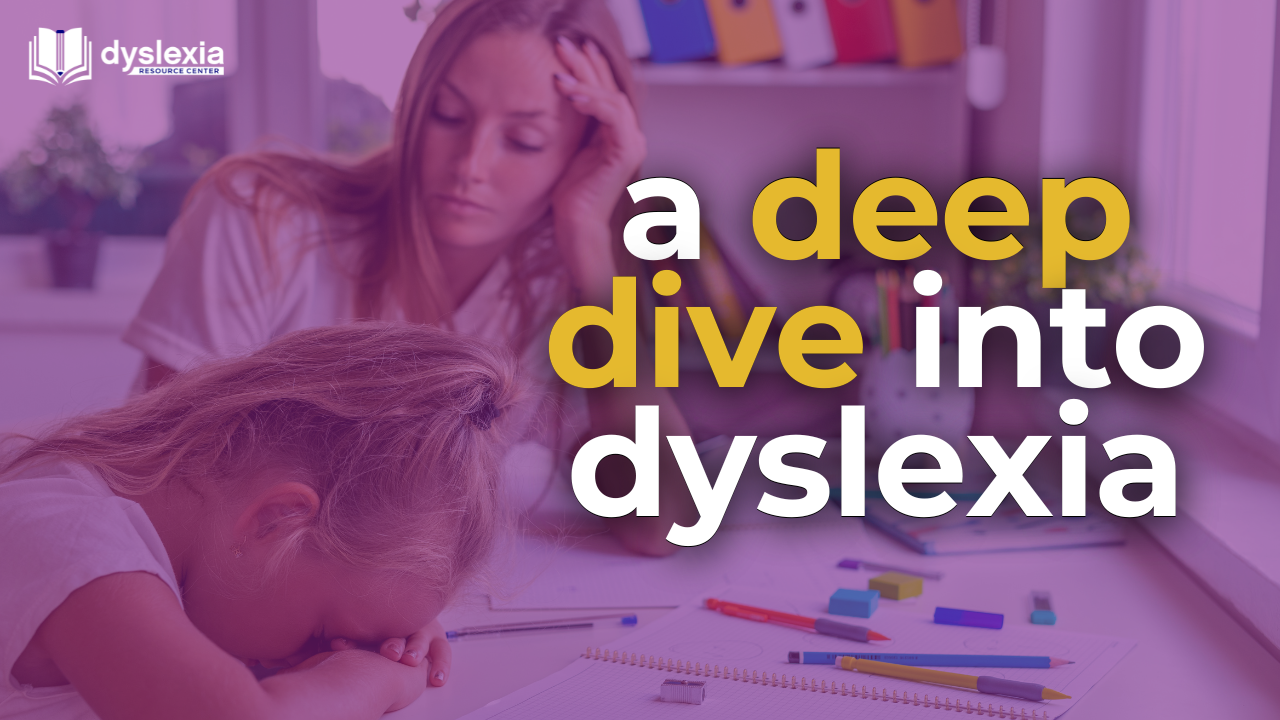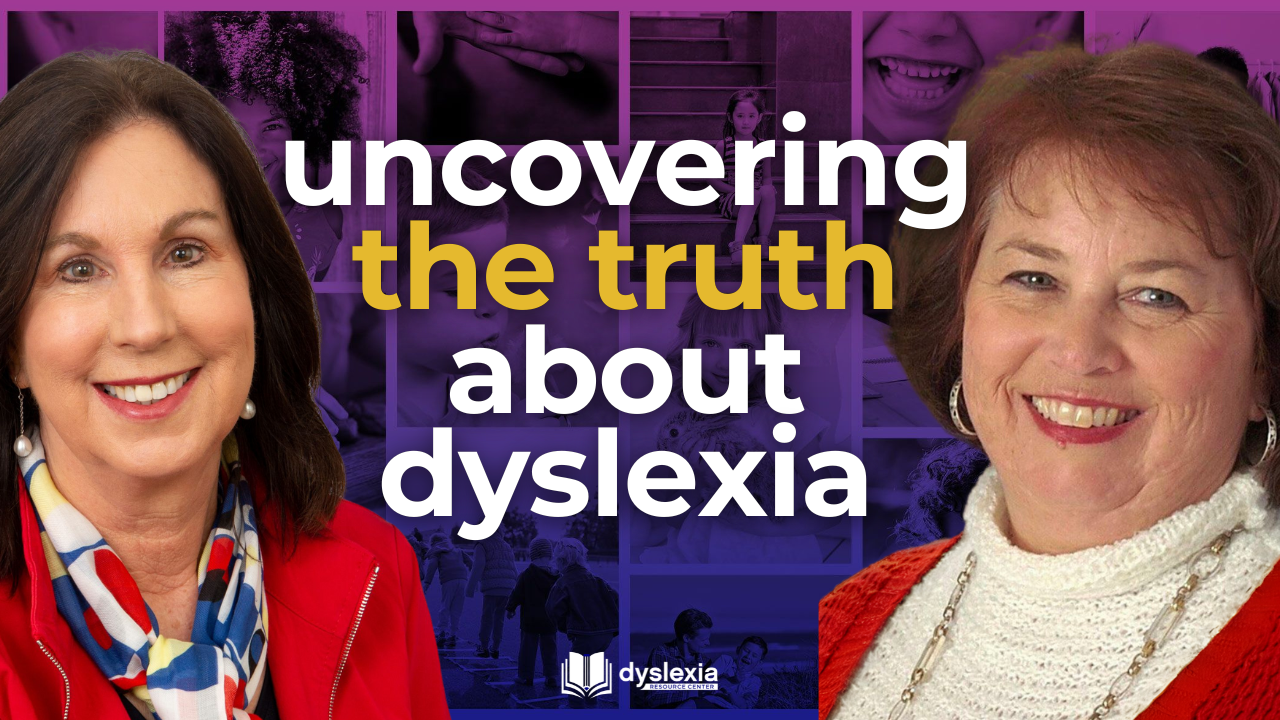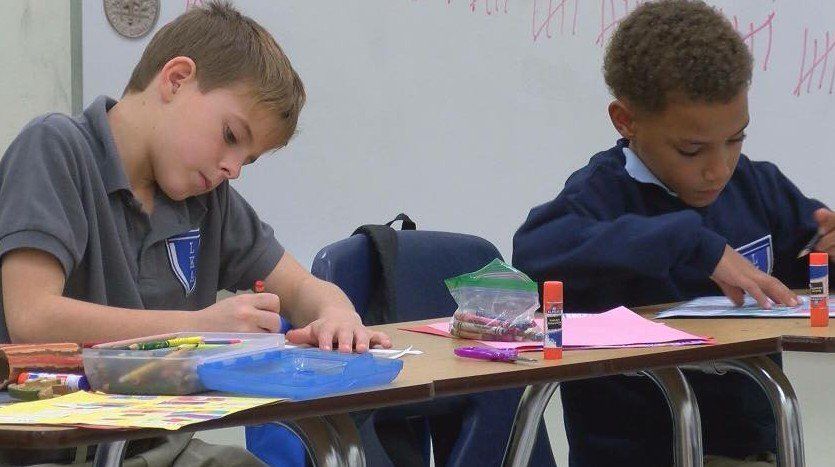Call Us (225) 384-5484
Prevalence of Undiagnosed Dyslexia in African-Americn Primary School Children

Dyslexia is among the most common neurodevelopmental disorders in children, yet despite its high prevalence all too frequently goes undiagnosed. Consequently dyslexic children all too often fail to receive effective reading interventions. Here we report our findings from a study using a teacher completed evidence-based dyslexia screener to first screen then test predominantly African-American children in grades kindergarten through second grade in two inner city public charter schools in New Orleans. Almost half (49.2%) of the children screened as at risk for dyslexia and of these the majority were found to be dyslexic on more detailed testing. Our results suggest that large numbers of African-American students with dyslexia may be overlooked in schools.


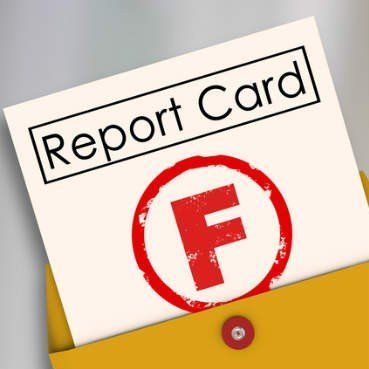
Quick Links
What is Dyslexia?
Dyslexia Services
WHO WE ARE?
The Dyslexia Resource Center was started by a group of concerned parents, medical doctors, and advocates who simply want everyone to know the truth about dyslexia, based on the most current science, and how that knowledge can translate into success in the classroom.
WHAT IS DYSLEXIA?
An unexpected difficulty in reading for an individual who has the intelligence to be a much better reader.
All Rights Reserved | Dyslexia Resource Center

